This book locates the challenge of criminalization of politics in the electoral politics of India. The flourishing role of money in campaigns has increased the dependence of political parties on the criminal elements of society. The growing use of drugs, alcohol and cash to woo the voters has paved the way for unsavory elements of society to expand their hold on the domain of politics.
Tandoori democracy narrates the story of this process of criminalisation of politics by objectively depicting campaign 2012 for Punjab Vidhan Sabha. Focuses on a widely used practice of the distribution of drugs and alcohol in campaigns, it addresses the issues concerning the role of caste politics in campaigns, the institutionalization of dynastic politics, and the nexus between politicians and godmen. It also examines the role of media and NRIs during the election campaigns.
The book is written with an objective to enlighten all Indians about the challenges of criminal elements to our democratic institutions. Times are calling for electrical reforms to save our democracy.
Contents: Preface. 1. Whisky-for-Vote. 2. The Caste Campaign. 3. The Dynastic Politics. 4. The Godmen and Politicians: An Unholy Alliance. 5. Media: The Fourth Pillar of Corruption. 6. The Non-Resident Indian (NRI) Compaign. 7. The Long March. 8. Door-to-Door Campaign. 9. M-for-Money and V-for-Victory. Bibliography. Index.

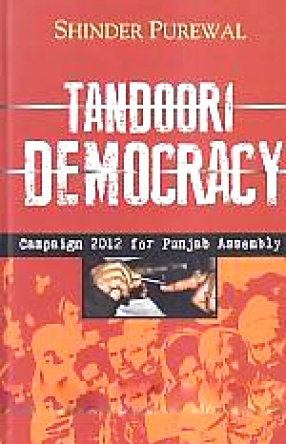
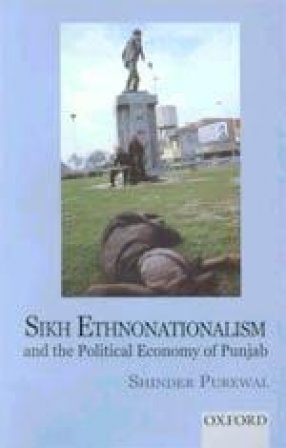
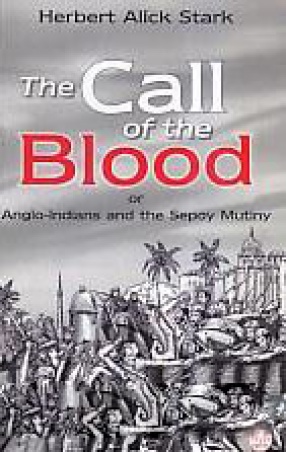
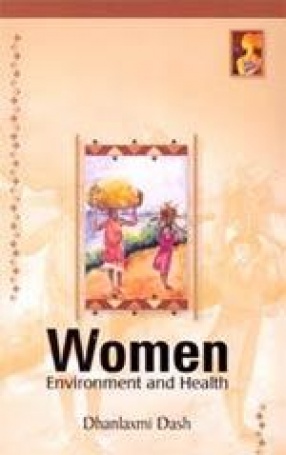
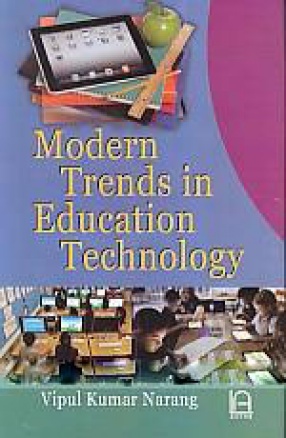
There are no reviews yet.